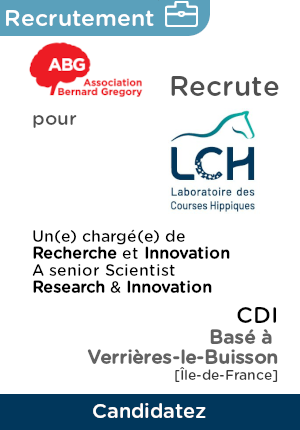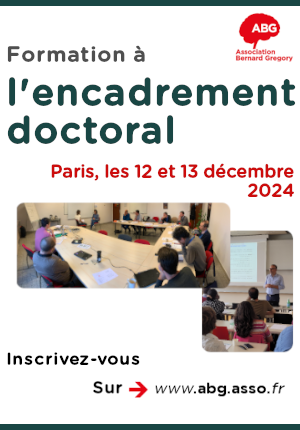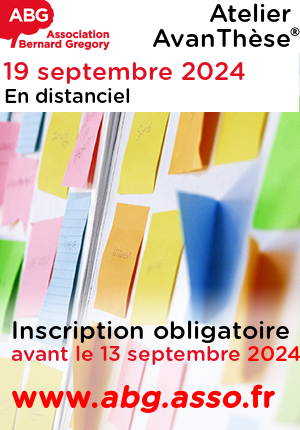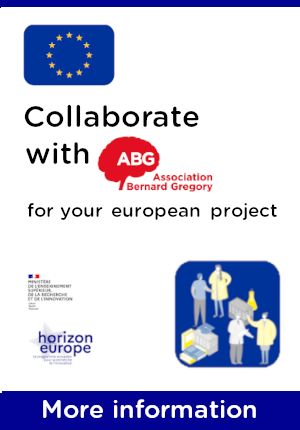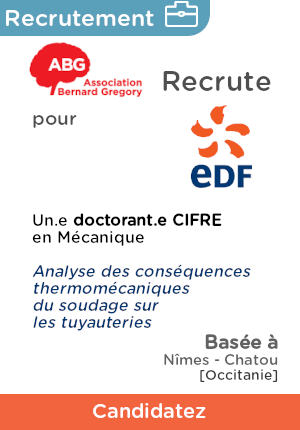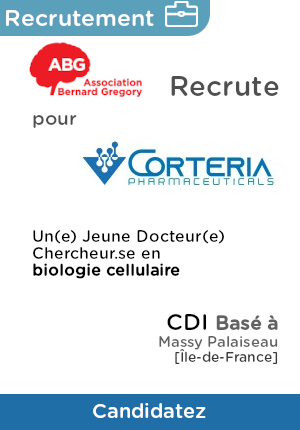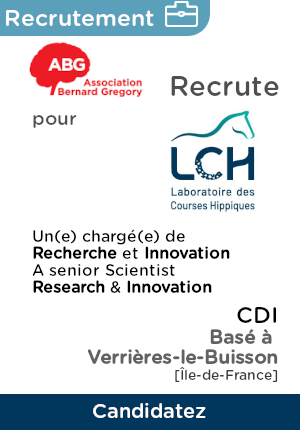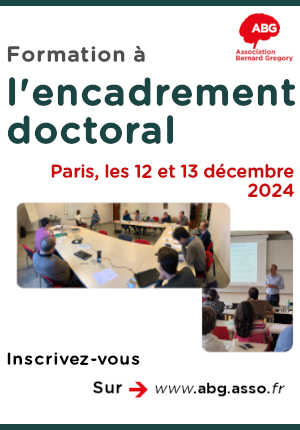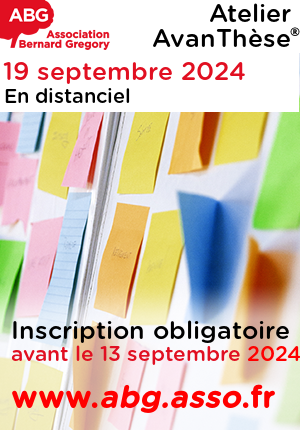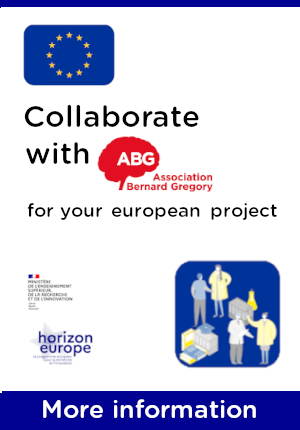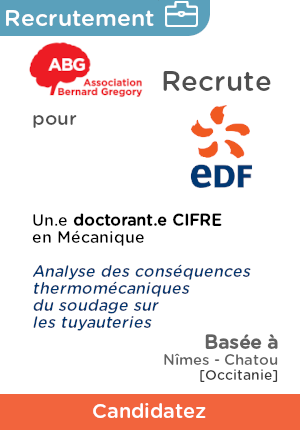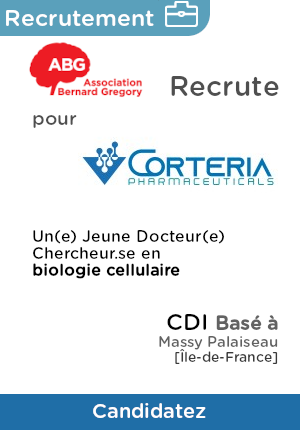Use of nano-bioconjugates as the next generation of imaging agents for Alzheimer's disease
| ABG-125296 | Thesis topic | |
| 2024-07-25 | EU funding |
- Health, human and veterinary medicine
- Biochemistry
- Health, human and veterinary medicine
Topic description
Alzheimer’s disease is recognized worldwide as a public health priority due to its increase in prevalence with age, to near pandemic extent by 2050. However, there is currently only one FDA-approved disease-modifying treatment for Alzheimer’s disease. There is therefore an urgent need to improve the diagnosis of Alzheimer’s disease and related disorders, and to develop disease-modifying therapies.
This PhD position is part of the European MSCA TAME project (https://tame-itn.eu). The aim of this European consortium is to contribute to a better understanding of tau-related diseases and supports the development of new, safer, personalised and more effective diagnosis and interventions for Alzheimer’s disease (AD) and the less common tauopathies.
The objective of the project in Liège is to develop a Nanobody-based PET imaging tracer for highly specific and sensitive detection and quantification of pathological Tau protein in the brain of Alzheimer’s diseases transgenic mice models. To reach this aim the project will involve the following tasks: (i) Select the anti-pathological Tau Nb (Nb-tauP) that diffuses the best into the brain parenchyma of AD mice and label NFTs following intra intracerebral injection. (ii) Fuse, by genetic engineering, this Nb to cell-penetrating peptides or to Nbs known to increase BBB-passage by transcytosis (anti-transferrin receptor-TfR). (iii) Produce and characterize in vitro the properties of the modified Nbs, (iii) Label the Nb-tauP and their modified versions with 18F. (iii) Investigate different routes of injection of 18F-Nbs on their ability to cross the BBB. (iv) Carry out in vivo 18F-PET imaging using the best Nb-tauP-based functionalised Nb and the best delivery route of Nb-Tau in ThyTau22 mice model.
Starting date
Funding category
Funding further details
Presentation of host institution and host laboratory
The candidate will obtain the PhD degree from the University of Liège. The candidate will be working under the joint supervision of P. Maquet, T. Gendron and M. Dumoulin at both GIGA-In Vivo Imaging (https://www.gigacrc.uliege.be/cms/c_4212477/fr/gigacrc) and the Center for Protein Engineering (http://labos.ulg.ac.be/cip/), which are very close by. Both Centers are highly multidisciplinary and opened to collaborations. The daily activities of the PhD candidate consist mainly in research but it is also expected that the candidate participates to the TAME training activities. The candidate has the possibility to develop collaborations with other members of the TAME consortium and to visit their laboratory in order to broaden his fields of expertise. In particular, two 3-month secondments are scheduled during the PhD, in laboratories of TAME partners: 1st secondment at the Biomedical Sciences Research Center “Alexander Fleming” – Institute for Fundamental Biomedical Research (Vari, Greece) supervised by E. MC SKOULAKIS & K. PAPANIKOLOPOULOU, in order to use mouse model to assay brain delivery. 2nd secondment at DeepLife (Paris, France) supervised by J. MORLOT to cross-validate intraneuronal tau markers with digital models.
PhD title
Country where you obtained your PhD
Candidate's profile
Candidates must have a Master in Biomedical Sciences, Biochemistry or related disciplines; a strong knowledge in protein biochemistry is required, knowledge in radiochemistry and experience with mice experiments is highly beneficial but not mandatory. Candidates should be highly motivated and creative; they should have an ability to work independently and as part of a multidisciplinary team. Moreover, they should have an excellent organization, communication and team skill. Candidates must possess a European Master’s degree or equivalent at the application deadline. The candidate must have an excellent proficiency of English (based on the TOEFL test).The candidate must not have resided or carried out their main activity (work, studies, etc.) in Belgium for more than 12 months in the 3 years immediately prior to the start of the contract date
Vous avez déjà un compte ?
Nouvel utilisateur ?
Get ABG’s monthly newsletters including news, job offers, grants & fellowships and a selection of relevant events…
Discover our members
 Groupe AFNOR - Association française de normalisation
Groupe AFNOR - Association française de normalisation  Généthon
Généthon  TotalEnergies
TotalEnergies  Institut de Radioprotection et de Sureté Nucléaire - IRSN - Siège
Institut de Radioprotection et de Sureté Nucléaire - IRSN - Siège  Laboratoire National de Métrologie et d'Essais - LNE
Laboratoire National de Métrologie et d'Essais - LNE  MabDesign
MabDesign  Ifremer
Ifremer  CESI
CESI  ADEME
ADEME  CASDEN
CASDEN  SUEZ
SUEZ  Institut Sup'biotech de Paris
Institut Sup'biotech de Paris  MabDesign
MabDesign  PhDOOC
PhDOOC  Tecknowmetrix
Tecknowmetrix  ONERA - The French Aerospace Lab
ONERA - The French Aerospace Lab  Nokia Bell Labs France
Nokia Bell Labs France  ANRT
ANRT  Aérocentre, Pôle d'excellence régional
Aérocentre, Pôle d'excellence régional
-
JobPermanentRef. ABG123642Laboratoire des Courses Hippiques (GIE LCH)- Ile-de-France - France
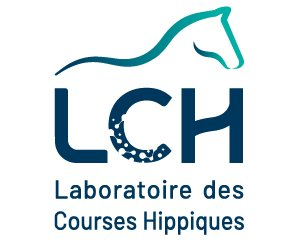
Chargé(e) de Recherche et Innovation (H/F) / Senior Scientist Research & Innovation (M/F)
Chemistry - BiochemistryConfirmed -
JobFixed-termRef. ABG125071KTH- Sweden
ERC-funded postdoc position on the detection of gas-phase organic radicals, KTH, Stockholm, Sweden
Chemistry - Physics - Engineering sciencesAny -
JobPermanentRef. ABG124941Corteria Pharmaceuticals- Ile-de-France - France

Jeune Docteur, Chercheur en Biologie Cellulaire & Moléculaire (H/F)
BiologyAny

